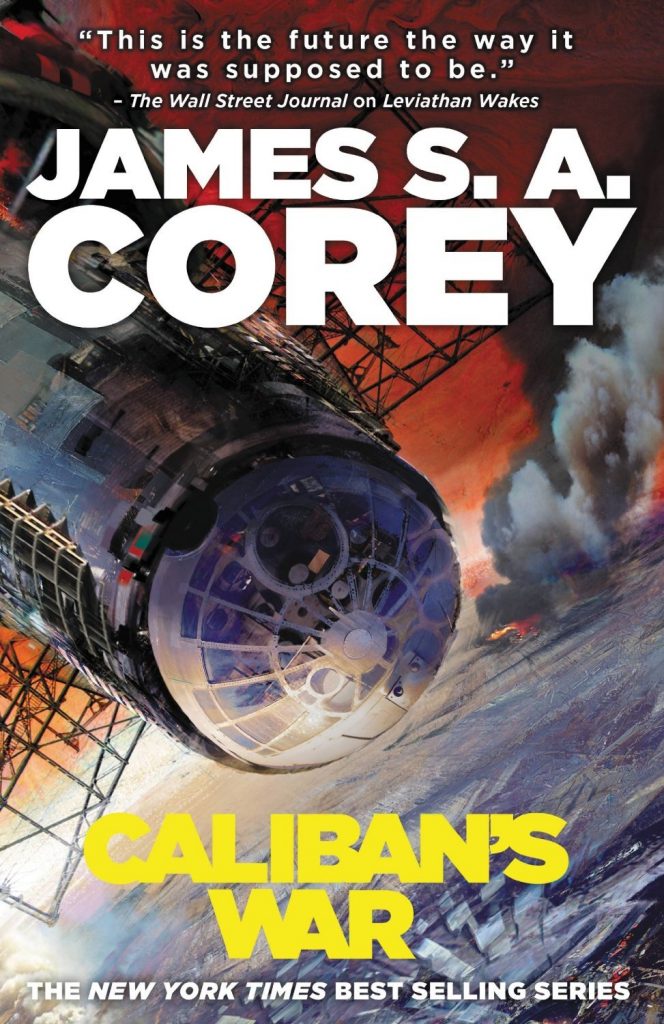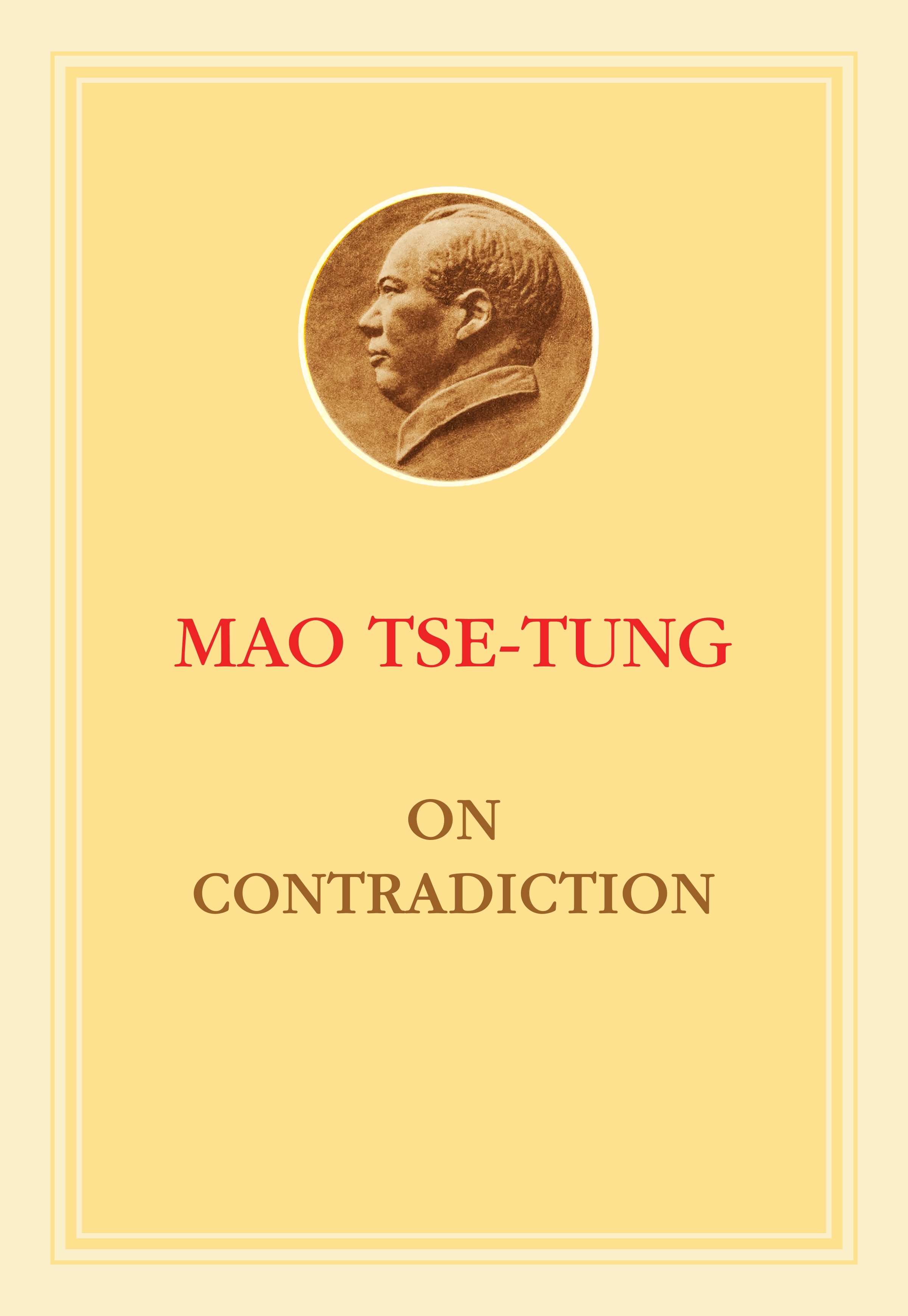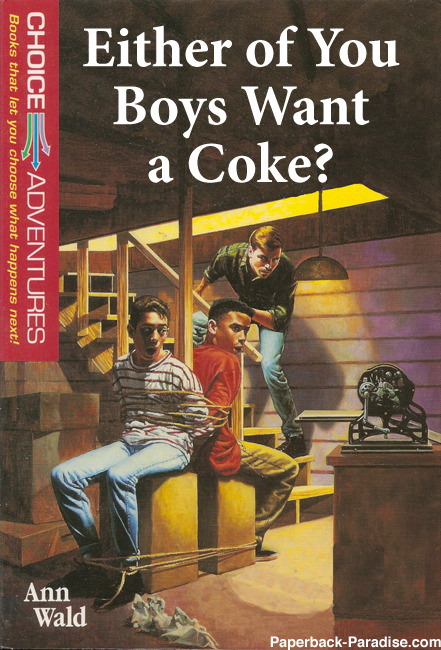Goodreads link.
A different take on war. The most relevant 25% of the excerpt is in bold:
"I have volunteered," their octospider friend said, "to negotiate personally with the human leaders in an attempt to stop this conflict before it escalates into full-scale war. To accomplish this, however, I must Obviously have some help. If I suddenly appear in the camp of the human soldiers, they will kill me. Even if they do not, they will have no way of understanding what I am telling them. So some human who understands our language must accompany me to translate my colors or there's no way that a meaningful dialogue can be started."
After Richard and Nicole told the Chief Optimizer that they had no disagreement with the basic concept proposed by Archie, the two humans and their octospider colleague were left alone to discuss the details. Archie's idea was straightforward. Nicole and he would approach the camp near the Cylindrical Sea together and would request a meeting with Nakamura and the other human leaders. At that meeting Archie and Nicole would explain that the octospiders were a peace-loving species who had no territorial claims on the north side of the Cylindrical Sea. Archie would request that the humans withdraw from their camp and cease their overflights. If necessary, as a token of the goodwill of the octospiders, Archie would offer to supply quantities of food and water to help the humans through their current difficulties. A permanent relationship between the two species would be established and a treaty drafted to codify the agreement.
"Jesus," Richard said after he finished translating Archie's comments. "And I thought Nicole was an idealist!"
Archie did not understand Richard's remark. Nicole patiently explained to the octospider that the leaders of New Eden were not likely to be as reasonable as Archie was assuming. "It is entirely possible," Nicole said, to stress the danger of what Archie was proposing, "that they will kill us both before we are ever allowed to say anything."
Archie kept insisting that what he was proposing was bound to be accepted eventually because it was clearly in the best interests of the humans living in New Eden.
"Look, Archie," Richard responded in frustration, "what you said is just not correct. There are many human beings, including Nakamura, who do not give a shit what is good for the colony. In fact, the common welfare is not even a factor in the subconscious objective function, to use your terms-, that governs their behavior. All they care about is themselves. Every decision is weighed in terms of whether or not it will increase their own personal power or influence. In our history, leaders have often destroyed their own countries or colonies in attempts to retain their power."
The octospider was stubborn. "What you are describing just cannot be true in an advanced species," Archie insisted. "The fundamental laws of evolution clearly indicate that those species whose primary value is the welfare of the group will outlast those in which the individual is supreme. Are you suggesting that human beings are an aberration of some kind, a freak of nature violating a fundamental—"
Nicole interrupted. 'This is all very interesting, you two," she said, "but we have some more pressing business. We must design a plan of action that has no pitfalls. . . . Richard, if you don't like Archie's plan, what do you suggest?"
Richard reflected for several seconds before speaking. "I believe that Nakamura has committed New Eden to this action against the octospiders for many reasons, one of which is to preclude criticism of the domestic failures by his government. I do not think he will be dissuaded from his course unless the citizens are overwhelmingly against the war, and, I'm sorry to say, I don't think that will happen unless the colonists are convinced the war will be a disaster."
"So you think threats are necessary?" Nicole said.
"As a minimum. What would be perfect would be a demonstration of military might by the octospiders," Richard said.
"I'm afraid that's impossible," Archie commented, "at least under the current circumstances."
"Why?" Richard asked. 'The Chief Optimizer spoke with confidence about winning any war that might occur. If you were to attack and utterly destroy that camp—"
"Now it is you who do not understand us," Archie said. "Because war, or any conflict that can result in deliberate deaths, is such a nonoptimal way of resolving disputes, our colony has very strict regulations governing concerted hostile actions. Controls are built into our society to make war absolutely the solution of the last resort. We have no standing army and no stockpile of weapons, for example. And there are other restraints as well. All optimizers participating in a decision to declare war, as well as all octospiders engaging in an armed conflict, are immediately terminated after the war."
"Whaaat?" said Richard, not believing his translator. "That's not possible."
"Yes, it is," Archie said. "As you can imagine, these factors significantly deter our participation in nondefensive hostilities. The Chief Optimizer knows that she signed her own death warrant two weeks ago when she authorized the beginning of war preparations. All eighty of the octospiders now living and working in the War Domain will be terminated when this war is either concluded or the threat of war has officially passed. ... I myself, since I was part of the discussions today, will be placed on the termination lists if war is declared."
Richard and Nicole were speechless. "The only possible justification for war to an octospider," Archie continued, "is an unambiguous threat to the very survival of the colony. Once that threat is identified and acknowledged, our species undergoes a metamorphosis and prosecutes the war, without mercy, until either the threat is obliterated or our colony has been destroyed. Generations ago, some very wise optimizers realized that those individual octospiders who were engaged in killing, and the design of killing, were so psychologically altered by their experiences that they became a significant detriment to the operation of a peaceful colony. That's why the termination codicils were enacted."



